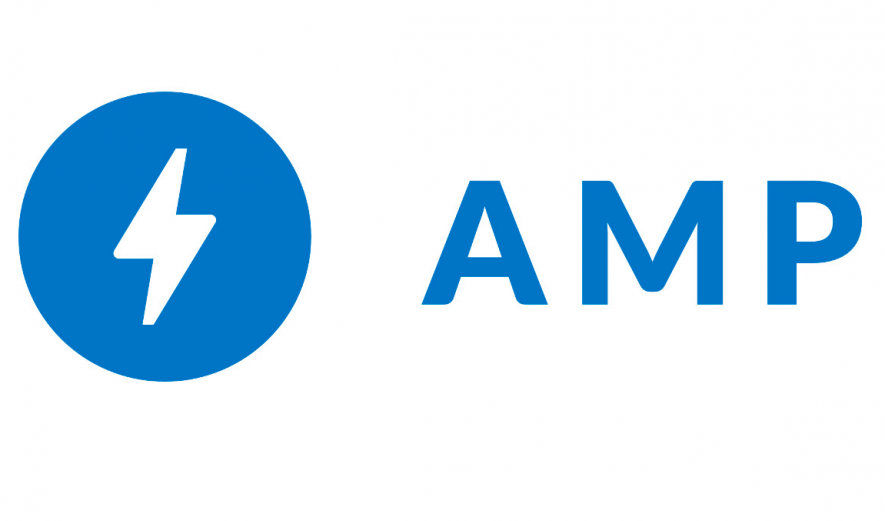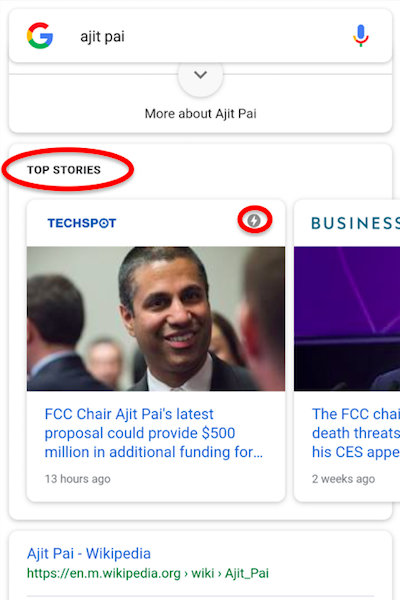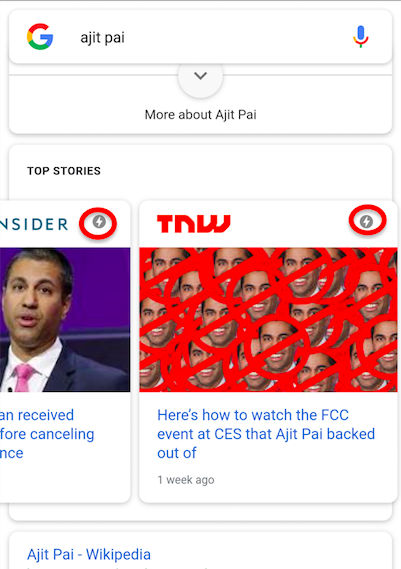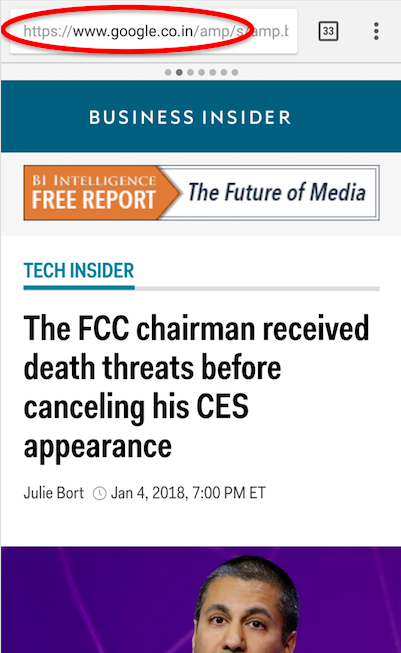Web Developers Write Open Letter to Google: Stop Forcing Everyone to Come Under Your Umbrella

You may think you are responsible for choosing what you wish to read in the list of results Google provides to your search query. But this agency is increasingly being taken away from you.
AMP, or Accelerated Mobile Pages, is a Google project which is widely used by web publishers and developers to optimise their websites for quick loading on mobile devices. AMP pages show up in results on mobile devices with AMP written below along with a small lightning bolt, indicating that this page will open instantly. While AMP’s efficiency is widely recognised, it uses questionable practices which give even more power to Google in controlling the Internet. A week ago, a group of web developers wrote an open letter to Google citing their concerns and recommending certain changes.
They expressed two primary concerns, first one being how Google decides which websites to show in its top results. Only the websites which use Google’s AMP are eligible to come to the top. And AMP is not just some feature which you can add to your page to optimise it; it essentially gives away all control over how your content is presented to Google. Moreover, for the web page to load faster, it will no longer be hosted on your web server, it will be on Google’s servers. So your web traffic is now getting diverted to Google. Even the URL will no longer remain your own. Instead of your website’s name being present in the URL, say newsclick.in, it will display google.com.


Top Stories only have AMP pages.

URL changes to google.com
The second concern the signatories wrote about is how users remain in the Google ecosystem throughout their time browsing the Internet when opening AMP results. Users not only open pages being recommended by Google, they also remain on Google’s servers.
Ganesh, a member of Swecha, a non-profit organisation which advocates for free software technologies and is a part of Free Software Movement of India, spoke to NewsClick about the risks this presents. “Google is the single biggest gateway to the Internet,” he said. “When everyone changes their websites according to how Google wants it, it makes it easier for Google to analyse your content and then censor more effectively.”
Many left-wing websites and news portals have reported about being censored and downvoted by Google in search results.
This also raises questions about net neutrality. Users will tend to open results which they know will load faster. Google is then giving preferential treatment to the websites which follow all its requirements and agree to their traffic being diverted to Google’s servers. Even Ajit Pai, chairman of FCC notorious for recently scrapping net neutrality in the US, said that AMP is no different from prioritisation of websites which pay for higher speeds.
The purpose of Google’s AMP is to provide a better experience for users. Pages load faster, the display is more suited for smaller screens, along with other optimisations. But what about developers who perform these optimisations themselves? If ‘Top Results’ is meant to show you content from websites which provide good user experiences, shouldn’t it include results from websites which are doing so without using AMP? Why is Google trying to coerce all content providers to come under Google’s umbrella?
This is also recommended as a change in the AMPletter. “Instead of granting premium placement in search results only to AMP, provide the same perks to all pages that meet an objective, neutral performance criterion such as Speed Index. Publishers can then use any technical solution of their choice.”
The letter concludes by saying that the signatories don’t want to stop Google’s development of AMP as it does a good job of giving high-quality delivery of web pages to users. But it should be more flexible, and not compel all publishers to put their content under Google. “The Web is not Google, and should not be just Google.”
Get the latest reports & analysis with people's perspective on Protests, movements & deep analytical videos, discussions of the current affairs in your Telegram app. Subscribe to NewsClick's Telegram channel & get Real-Time updates on stories, as they get published on our website.
























